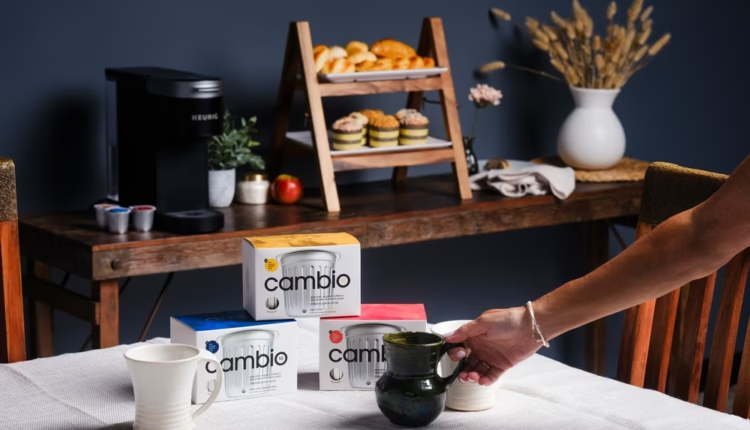Single-Serve Coffee Goes Green With Innovation
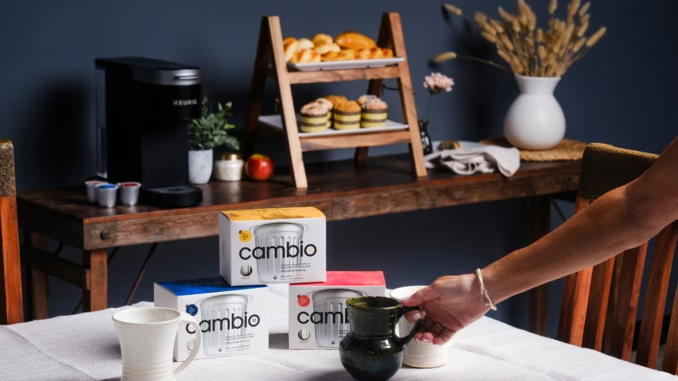
We meet two companies proving that convenience and sustainability can go hand-in-hand.
BY BHAVI PATEL
BARISTA MAGAZINE ONLINE
Featured photo courtesy of Cambio Roasters
The convenience revolution in coffee consumption has reached a pivotal moment. While single-serve brewing methods have dominated home coffee preparation due to their speed and simplicity, environmental concerns have cast a shadow over their widespread adoption. However, innovative companies are proving that convenience and sustainability can coexist.
The coffee industry generates a massive environmental impact, but forward-thinking brands are developing solutions that eliminate the traditional trade-offs between taste, convenience, and environmental responsibility. These breakthrough technologies are reshaping how we think about our daily coffee ritual.
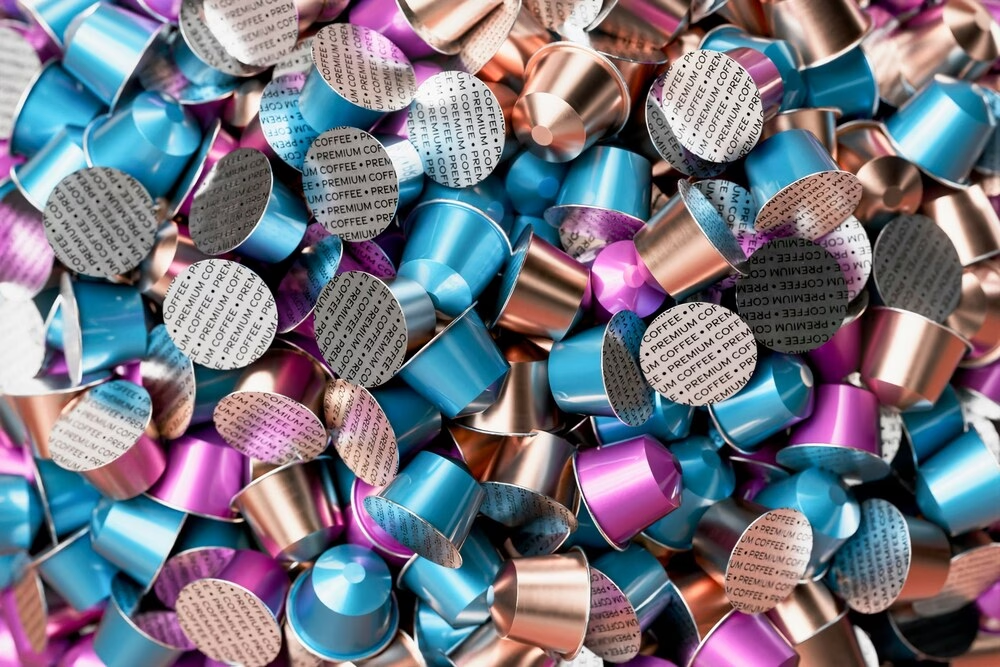

Revolutionary Materials Transform Single-Serve Recycling
Traditional single-serve coffee—including coffee pods—has long been criticized for its environmental footprint, but aluminum technology is changing the game entirely. Kevin Hartley, founder and CEO of Cambio Roasters, explains the significance. “We focused our energy on creating the ‘most recyclable pod’ imaginable, exploring countless options before our R&D landed on the idea of developing the world’s first aluminum pod that works with every existing Keurig brewer,” Kevin told Barista Magazine.
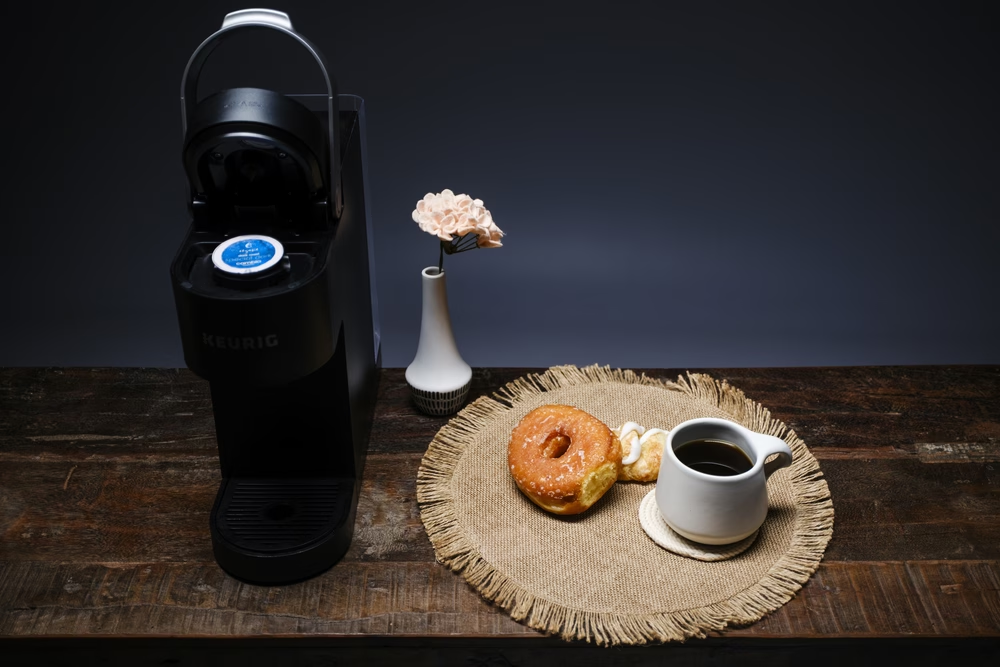

The advantages of aluminum extend beyond recyclability. “Aluminum uses 95% less energy and can be recycled indefinitely without quality degradation, making aluminum extremely desirable in the circular economy,” Kevin says. This infinite recyclability represents a fundamental shift from disposable culture to truly circular coffee consumption.
Zero-Waste Brewing Systems Eliminate Environmental Guilt
Complete waste elimination represents the ultimate goal for environmentally conscious coffee lovers. Ted Ayliffe, co-founder and CEO of Coulée Coffee Co.—which just released the Coulée SWIRL, an automated and single-serve pourover machine that uses fully compostable filters—addresses this challenge directly. “According to the International Coffee Organization, the coffee value chain produces over 40 million tons of waste per year. We couldn’t justify adding to the problem with such a staggering reminder that sustainable, zero-waste rituals are more critical than ever,” Ted says.
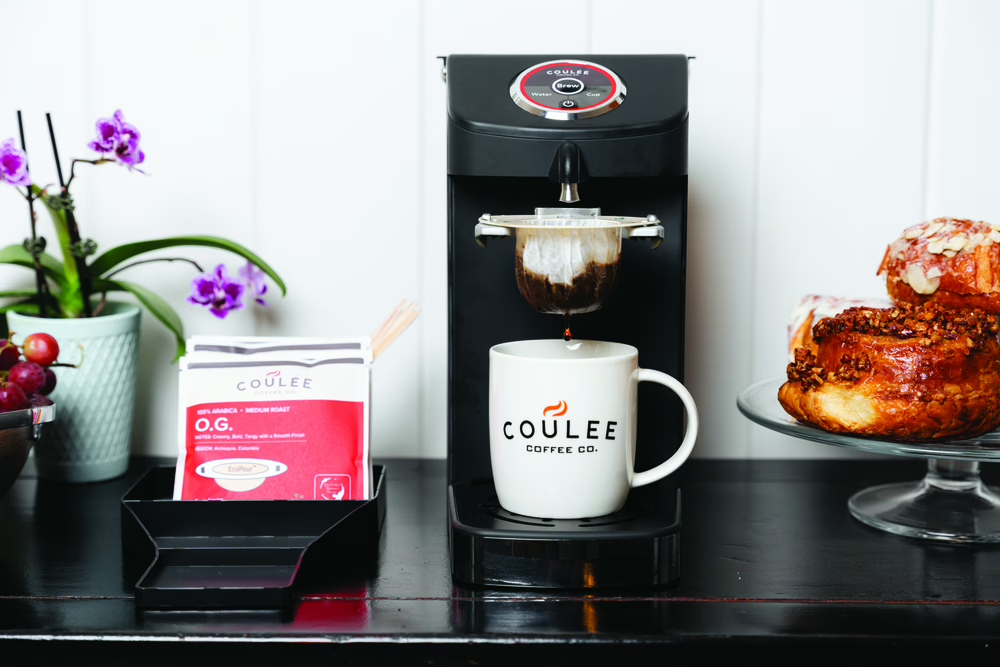


With the Coulée SWIRL, modern compostable filter technology offers complete biodegradability without performance compromises. “The filter, outer packaging, and grounds all break down in months, not centuries. No petroleum-based plastics or microplastics left behind,” Ted explains. This approach transforms coffee waste from an environmental burden into valuable compost material.
Consumer Demand Drives Sustainable Innovation Forward
Market research reveals shifting consumer priorities that favor environmental responsibility. “We just conducted our own proprietary research and found that 74% of consumers don’t feel good about the use of plastic coffee pods, recyclable or not,” Kevin says. This consumer awareness creates powerful market incentives for sustainable innovation.
The demand extends beyond environmental concerns to encompass quality expectations. Companies are discovering that sustainable materials often enhance, rather than compromise, flavor profiles. “Aluminum helps seal in the flavor so customers can be guaranteed that it’ll taste as fresh as the day it was packaged,” Kevin adds.
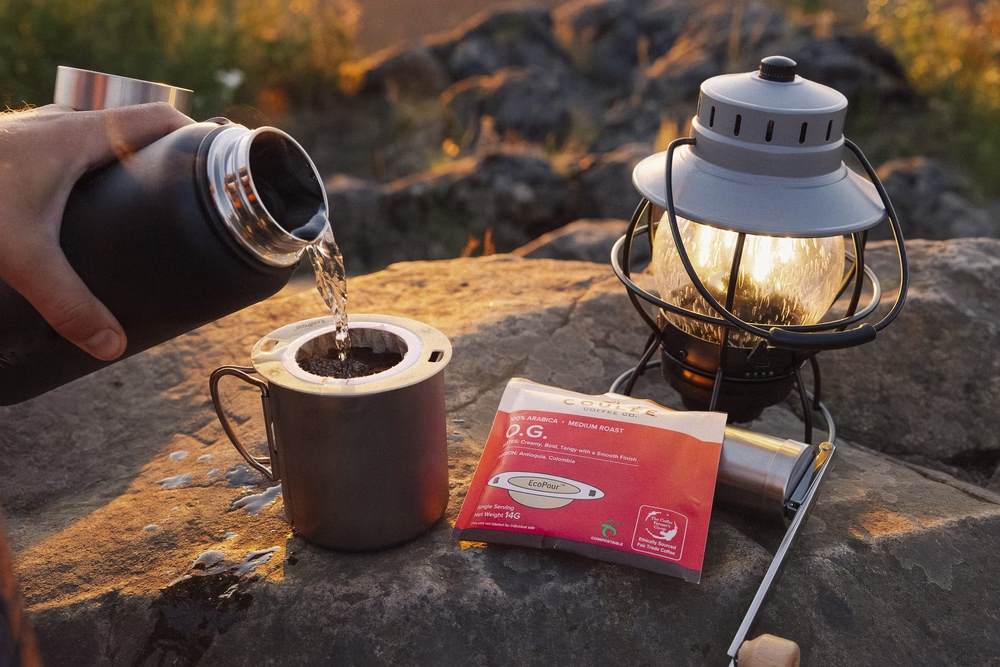


The End of Wasteful Coffee, for Good
The trajectory toward sustainable single-serve coffee appears unstoppable as technology continues advancing. Companies are investing heavily in research and development to create solutions that exceed traditional performance while eliminating environmental impact.
Ted captures the industry transformation: “We believe the coffee industry has a responsibility to innovate away from petroleum plastics. Consumers are demanding it, and the technology exists to deliver it.” This convergence of consumer demand, technological capability, and environmental necessity suggests that eco-friendly single-serve coffee will become the standard, rather than the exception.
The future promises even more innovative solutions as companies collaborate with roasters and continue pushing technological boundaries, ensuring that convenience coffee evolves into a truly sustainable practice.
ABOUT THE AUTHOR
Bhavi Patel is a food writer focusing on coffee and tea, and a brand-building specialist with a background in dairy technology and an interest in culinary history and sensory perception of food.
Subscribe and More!
As always, you can read Barista Magazine in paper by subscribing or ordering an issue.
Read the August + September 2025 Issue for free with our digital edition.
For free access to more than five years’ worth of issues, visit our digital edition archives here.
Source: Barista Magazine



